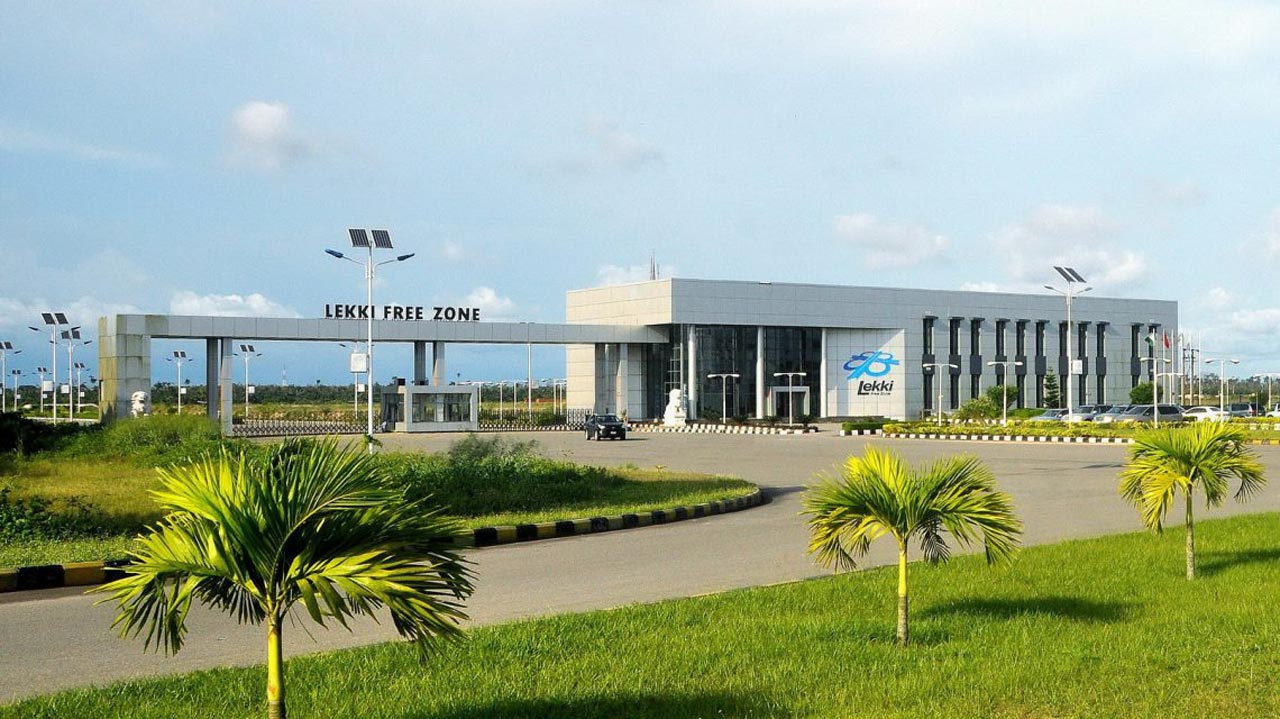-

-
Wikirise.com Advertise with Us HereStats: 4,694 members, 37,018 Posts
Number of Comments : 2,630
Date: Saturday, 20th April 2024
Lagos, Lekki Free Trade Zone stakeholders strategise over ecological challenges
By Essang Michael - November 6, 2022 | Categories: BusinessTags: Nigeria
Share this post:

The Lagos State Government and communities around the Lekki Free Trade Zone (LFTZ) have charted a way forward on the ecological challenges in the area.
The Managing Director, Global Impact Environmental Consulting (GIEC) Ltd., Dr Babatunde Osho, who represented the Lagos State Government, gave the advice at a stakeholders’ meeting in Lagos last Wednesday.
Osho said the stakeholders needed to provide lasting solutions to some of the challenges confronting the host communities.
The GIEC boss said that information from the community stakeholders showed some issues between the government, community and the Free Zone tenants.
The Lekki Free Zone, created in 2006, as a modern free zone and managed in accordance with international best practices, is now a major hub of industrial activities.
Currently, the Lekki Free Zone, located on 16,500 hectares of land is divided into four quadrants and managed by various operators, benefiting from Lagos State’s position as the premier distribution hub in West Africa.
The zone boasts of both local and foreign investments running into billions of dollars, amongst which are the largest oil refinery in Africa and a fertiliser plant.
Others are, the petrochemical plant, a sub-sea gas pipeline project under construction and the largest deep-sea port in West Africa, primed to open up access for export to West Africa and beyond.
He noted that this informed the need for a laid down framework guiding the operations between all parties involved in the development of Lekki Free Zone.
“Before any development can take place, we need to find out the needs of the communities and sign a MoU before going further.
“Based on the challenges emanating from the development of the zone, government needs to assess the plan on ground and its responsibility toward addressing the challenges to provide solution.
“Governor Babajide Sanwo-Olu is trying to be proactive looking at the kind of investment that will take place along Lekki axis and understand that such development comes with both the positive and negative.
“This meeting is so we have the laid down plan that will guide the government in view of future occurrences,” he said.
He noted that in developed countries, before setting up a Free Trade Zone, strategy environmental and social assessment policy was embarked on.
Osho said that the company would come up with a framework that would tackle how government could address the challenges confronting the affected communities.
He said that the issue of land acquisition would be addressed with recognition to the international best practices in view of recommending Land Acquisition and Resettlement Policy Framework.
Osho said that there was need for predictive studies based on the gradual development at the free zone, to avoid disaster in the future.
He said that government also wanted to document various vegetation that had gone as a result of the development and find ways to preserve such.
The Director, Ministry of Physical Planning and Urban Development, Omololu Obayomi, said the Lagos State Government had engaged in a separate master plan for Lekki area due to the development emanating lately.
He urged communities affected to cooperate with the government as the incoming development would provide jobs for their youths and develop their environment.
A representative of the Ministry of Transport, Assistant Director, Transport Operation Department, Mrs Fausat Jenty, urged the community to be law abiding and obey road signs to avoid accidents along the trade corridor.
A representative of the Ministry of Trade Commerce and Industry, Sector Unit Head, Abiodun Okesanya, pleaded with the community to cooperate with the Lagos State Government to enable them to benefit from the development.
The Community Leader, and Chairman Lekki Worldwide, Chief Tajudeen Jegede, called for establishment of traditional leaders in Lekki communities to improve further development.
Chief Morufu Alowonle, from Tiye community, Lekki, said that there was no development in Lekki after the commencement and relocation due to the trade zone.
“Initial agreement with tenants at free zone is that they will help us to train our children from secondary schools to university level.
“We gave them list of 666 students, they shortlisted to 444 and later came back and told us that they would train only 160 students,” Alowonle said.
The Women Leader, Origero Community Lekki, Madam Olubunmi Giwa, said they did not have primary schools in their community and had no market for them to trade.
Giwa urged government to intervene in getting jobs for their children.
She said that an idle mind is the devil’s workshop, adding that if they remained idle that they could become miscreants which they never prayed for.
She urged government to intervene and provide lasting solution to their challenges and improve their livelihood in the affected communities